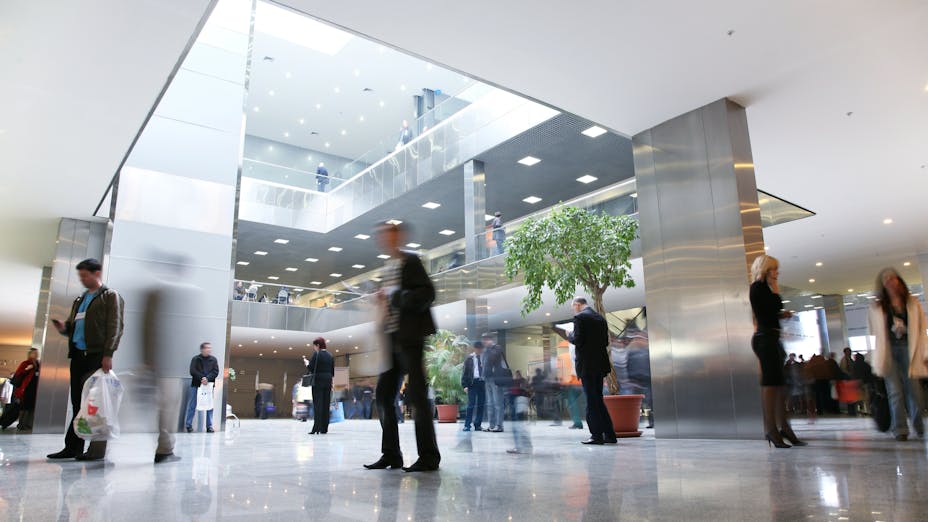- 90 percent of those polled support all new high-rise and high-risk buildings such as schools, hospitals, and care facilities being clad and insulated in non-combustible materials only
- 71 percent believe that desktop studies should be banned
- Only 32 percent are satisfied with the government’s response to improving fire safety since the Grenfell Tower fire
A new survey shows overwhelming support (90 percent) among the British public for all new high-rise and high-risk buildings to be clad and insulated in non-combustible materials only. This news comes less than two months before the first anniversary of the Grenfell Tower fire, and ahead of Dame Judith Hackitt’s independent review of building regulations and fire safety, anticipated in May 2018.
The survey, commissioned by ROCKWOOL and carried out by online market research company, Research Now, polled a sample of 2,004 members of the UK public. Of those questioned, 71 percent also called for a ban on the use of desktop studies as a way of assessing the fire performance of cladding systems used on buildings. This finding follows the launch of a consultation last week by the Ministry of Housing, Communities and Local Government (MHCLG) to explore the possibility of “significantly restricting or banning” this route to compliance with building regulations.
Darryl Matthews, managing director of ROCKWOOL UK, says: “It is very encouraging, though not surprising, to see such widespread public support for the use of non-combustible materials on high-risk and high-rise buildings. Requiring the use of non-combustible cladding and insulation materials on new buildings would help protect public safety and remove the need altogether for desktop studies, which allow manufactures to commission unregulated, unpublished reports assessing their materials’ theoretical safety for high-rise buildings. As we approach the publication of Dame Judith Hackitt’s final report, the Government should take note of the public’s strong views on these issues and act accordingly to improve fire safety across this country”.
Government urged to take more responsibility to improve fire safety
53 percent of respondents believe the central government should take ultimate responsibility for ensuring all high-rise buildings comply with building regulations. Although Dame Judith Hackitt’s interim report in December recommended reform should come from within the building industry, the survey indicates that just 31 percent trust the construction industry to minimise the future risk to life and property.
The survey findings include:
- Significant support for all existing (86 percent) and new (88 percent) high-rise and high-risk buildings such as schools, hospitals and towers be required by law to be fitted with sprinkler systems.
- 91 percent of respondents agreed that all newly built high-rise and high-risk buildings, such as schools, hospitals and tower blocks, should have multiple escape routes.
Alan Brinson, Executive Director of the European Fire Sprinkler Network, comments, “Sprinklers are highly effective fire safety systems. They are not expensive and have been fitted in many existing buildings. The public recognises this and supports their wider use. Wales already requires sprinklers in all new housing and in Scotland there is a proposal to require them in more buildings. All eyes are now on England”.
Research Now interviewed a sample of 2004 respondents between 12 and 17 April 2018.




